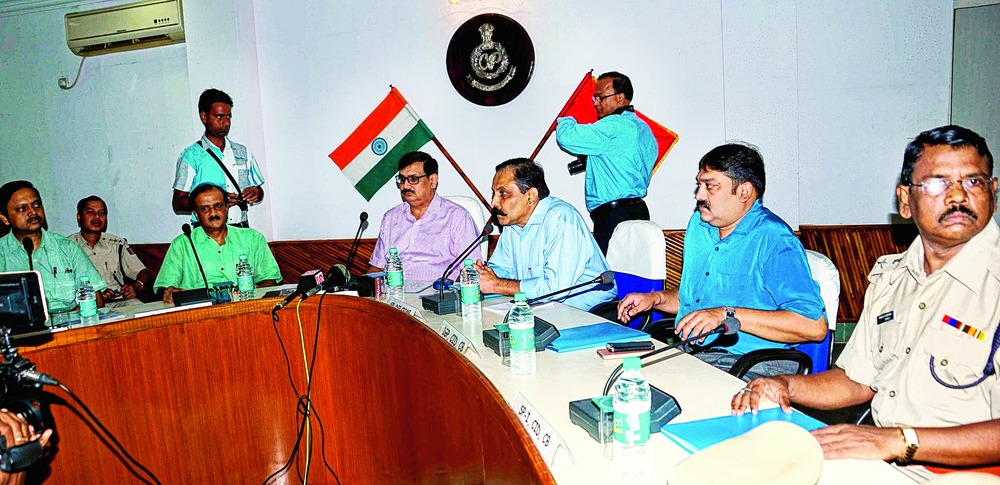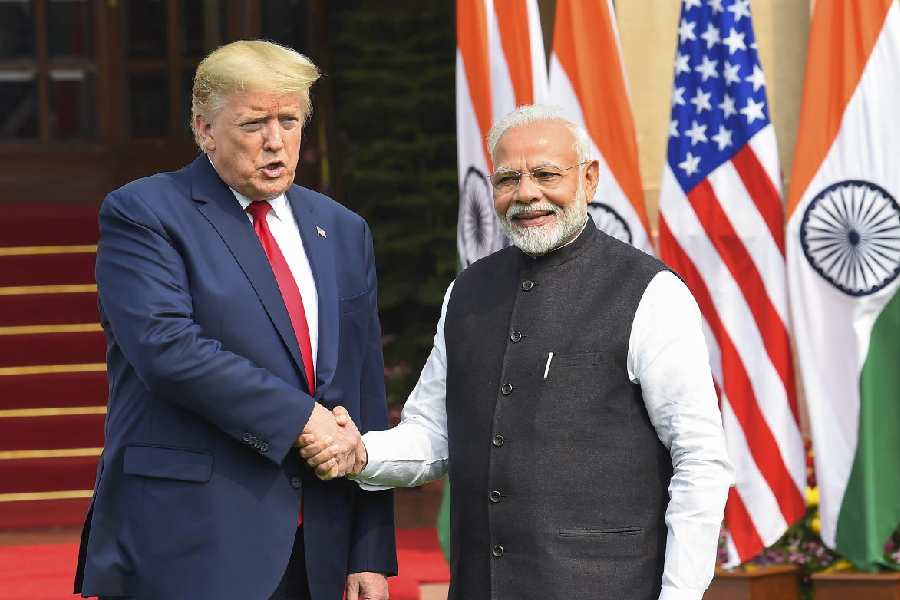
Cuttack, Aug. 27: The crime branch today organised a state-level workshop to impart training to police and forest officials to ensure that probe in various wildlife cases "reach a logical conclusion".
The police and forest officials were imparted training on wildlife laws, collection, preservation and packing of exhibits and identification of wildlife parts. This is the second time that the crime branch organised such a training programme to share information about the latest trends in wildlife trade in the country.
Lack of expertise in investigation of wildlife cases has reportedly emerged as a major concern for the state police, particularly in the backdrop of spurt in elephant poaching cases here. Sources said many officials were reluctant to register cases of poaching at several police stations, while the accused persons easily got bail due to poor investigation.
"We have focussed on collection of data about the poachers and their links with mafia who run the illicit wildlife trade at an international level," said director general of police K.B. Singh.
A senior officer of crime branch said that on an average, they received about six to eight poaching cases ever year.
"Apart from elephant poaching, Odisha has now turned into a hotspot in new areas of illicit wildlife trade, including live birds, turtles, pangolin and snake that are protected under the Scheduled-II of Wildlife Act," said special director general of police, Crime Branch, B.K. Sharma.
Sharma added that the crime branch was focussing to ensure that there was proper co-ordination between the police stations near sanctuaries and protected reserve forest areas in the state and the respective officials of the forest department.
"Co-ordination between police and forest officers is important for timely exchange of information and it can play a crucial role in protecting the wildlife," said another senior officer, adding that usually it was tough to nab the kingpins of ivory and animal skin smuggling gangs. It requires a detailed investigation and support of NGOs working for the protection of endangered species.
"It is sometimes difficult to find a missing link and the crime branch has so far been able to nab only the middlemen or those involved in the actual poaching of animals, including elephants. But it is too tough to get hold of those financing or acting as link for facilitating the smuggling of the wildlife products," Sharma said.
The wildlife cell of the crime branch is now working on inputs to trace the actual link behind the series of elephant poaching case in Cuttack and Boudh districts.
Nine persons have so far been nabbed for killing an elephant in Boudh on May 31. The gang that was involved in the case was in contact with a local smuggler in Athgarh for disposal of a pair of tusks weighing nearly 19kg. The gang had cut the ivory into eight pieces and it was supposed to smuggle the item abroad through Bengal.
The cost of the seized item was approximately Rs 6 lakh in the local market. Its price would have been more than double the amount in the international market.











